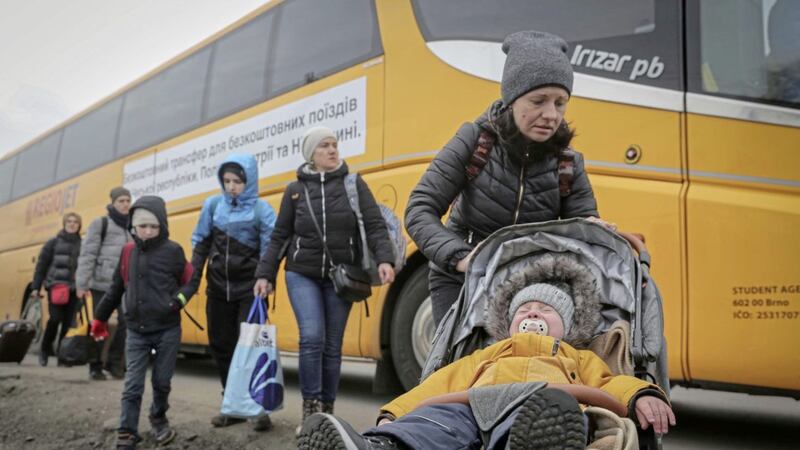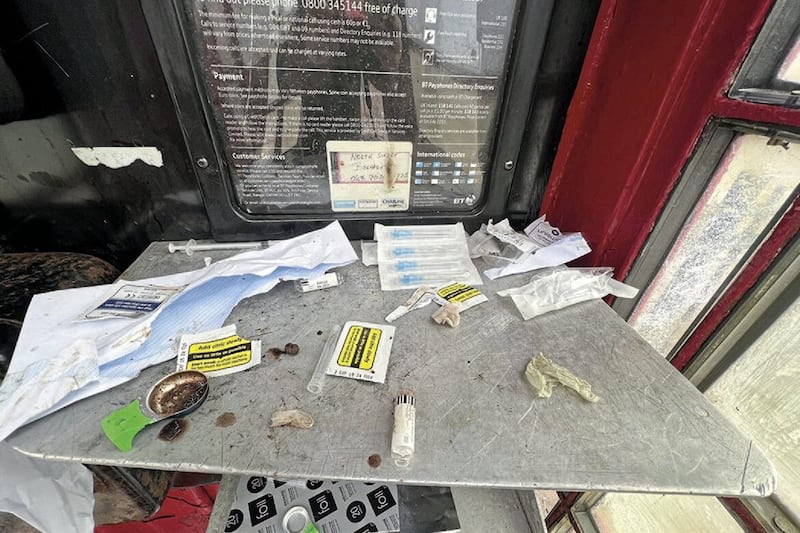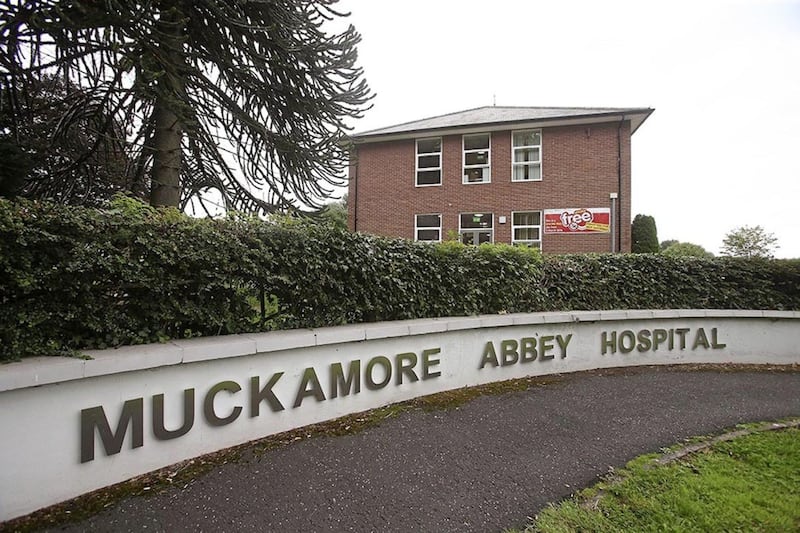SOME statements are so strange that, even after reading them a few times, they don’t quite sink in.
Last week, the Foreign Office updated its official advice to inform people fleeing Ukraine that they did not need to “complete a passenger locator form” or “take a COVID-19 test before travel to England or book a PCR test to take on arrival”.
For Transport Secretary Grant Shapps, the slight reduction in bureaucracy for refugees escaping the Russian invasion was a real win.
“We’re supporting Ukraine by making it easier for those who are fleeing conflict to travel to the UK,” he burbled.
It’s reassuring to know that if you’re fleeing an army which has already bombed a Holocaust memorial, has your president at the top of its ‘kill list’, and is subjecting your main cities to heavy bombardment, then you might not have to fill in the same forms as someone returning from a fortnight’s holiday in Crete.
After the government swiftly decided to do nothing to help refugees, ministers agreed to allow British nationals with family in Ukraine and Ukrainian nationals living in the UK to bring relatives into the country.
The small problem of how they might travel, given that the majority of refugees are women and children leaving a war zone with only as many possessions as they can carry, seems to have escaped those in power.
It’s astonishing that the government has learned so little from the ongoing Afghan refugee crisis, which began just a few months ago.
A report by the Commons International Development Committee found ministers were too slow to offer help to humanitarian workers and Afghans following the Taliban takeover in August.
And they warned that the same mistakes are being repeated in Ukraine, accusing the government of being "inflexible" and "begrudging" in its approach to refugees.
Unlike the Republic, which is planning to take in well over 20,000 Ukrainians and has waived the requirement for a visa, some MPs have insisted that strict checks are needed in case Russian agents posing as civilians try to gain entry to the UK.
In case you’re wondering, people who may or may not be Russian agents = bad; Russian oligarchs who have donated to the Tory party = good.
Oligarchs are now such a part of the British establishment that the government has been embarrassingly slow to impose sanctions.
In Britain, many Kremlin-linked businessmen can still sell their assets.
Boris Johnson announced that the state-owned VTB Bank, the second-largest Russian bank, would be subjected to a “full and immediate” asset freeze in the UK
In reality, the bank has 30 days to 'wind down' any transactions - perfect for anyone keen to move cash.
France swiftly introduced sanctions after the Russian invasion and have already seized a super yacht owned by oligarch Igor Sechin in Marseille.
The British government said it would sanction 100 Russian oligarchs and entities but wouldn't say who or how far the sanctions would go.
I can’t think why. In entirely unrelated news, the Tory party has taken £2m of Russian-linked donations since Mr Johnson became prime minister.
The frustration from the European Union is clear.
Frans Timmermans, the European Commission’s first vice-president, said “even parties who accepted funding from oligarchs should understand that they…need to change course, because that’s what – if I don’t misunderstand the public mood in the UK – that’s what the British public want”.
In an incredible statement, Foreign Secretary Liz Truss said Europe must introduce tighter sanctions, particularly around gas and oil exports, to "cut off and cripple" the Russian economy.
Liz, the oligarchs are, as in all great pantos, behind you.
Research by campaign group Transparency International suggested that around £1.5bn of UK property has been bought by Russians accused of corruption or links to the Kremlin since 2016.
Of that figure, property worth £430m was bought in the City of Westminster alone.
If Boris Johnson looked out of Parliament, he could see a few flats which could be seized.
Not that he'll do that of course. No one in this government is bothering to pretend they are governing a serious democracy.
But allowing your party to be funded by people whose sources of wealth are at best unclear might be worth looking at.
Better than congratulating yourself for not making refugees fill in Covid forms.








